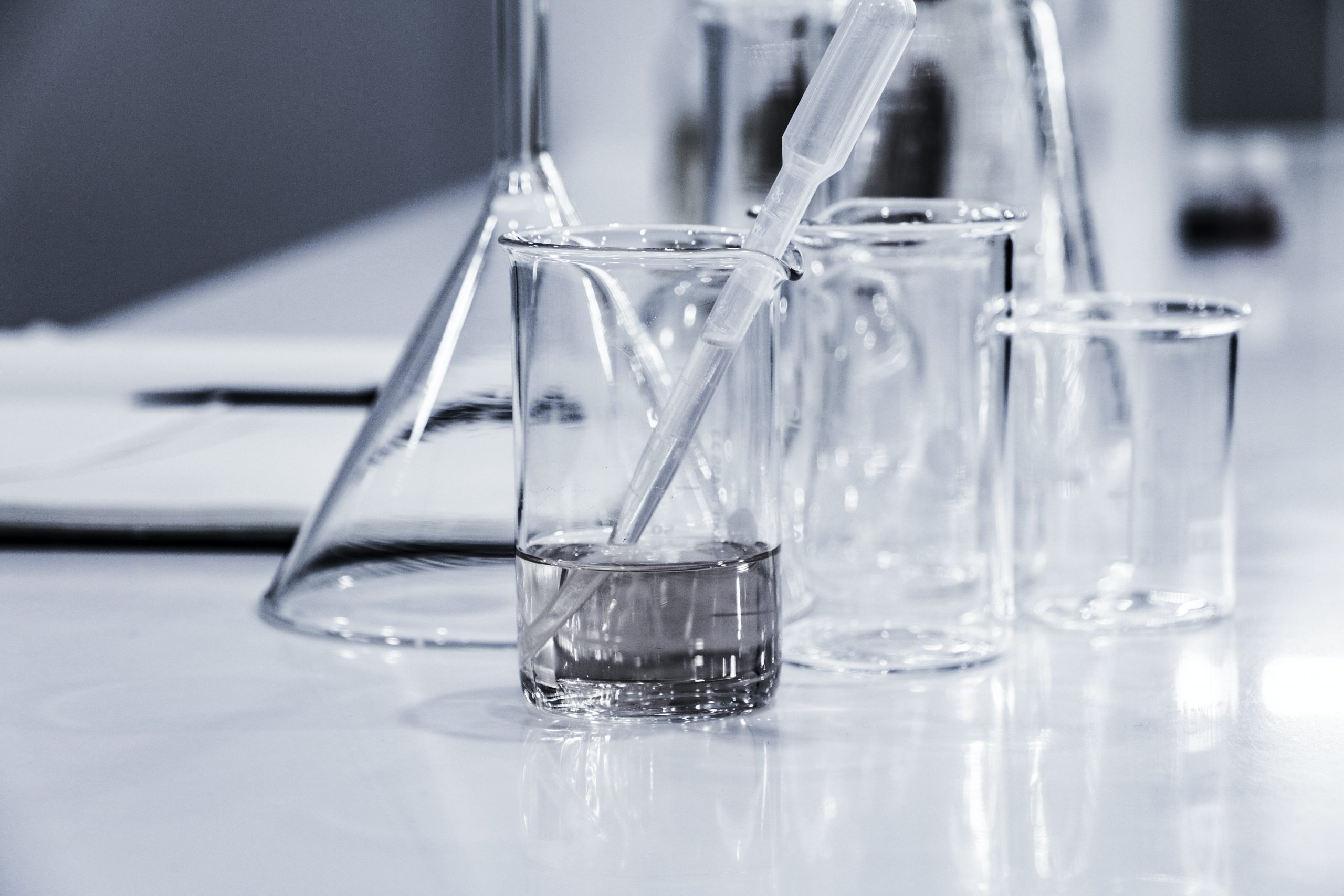
Most undesirable situations in a WWTPs (sludge bulking, toxic effects, high operating costs, poor performance, etc.) can be prevented and/or eliminated by determining the exact quantity and quality of biomass in the biological reactors. When recording and evaluating the operational status of a WWTP, in addition to routine analyses, important information is provided by a number of specific laboratory tests, the results of which can be used to identify the root causes of possible failures in the biological treatment process and the subsequent restoration of normal operational conditions.

